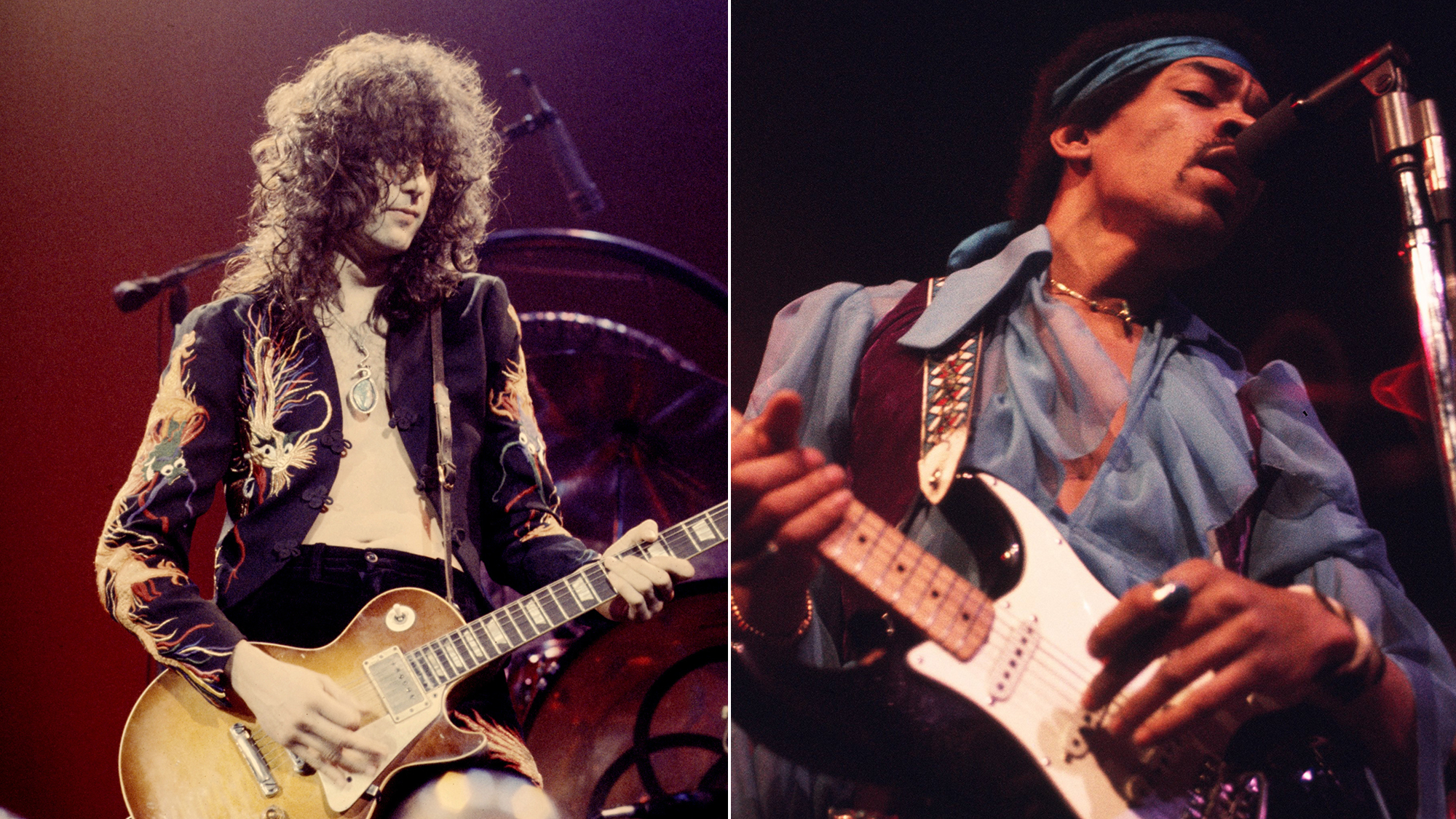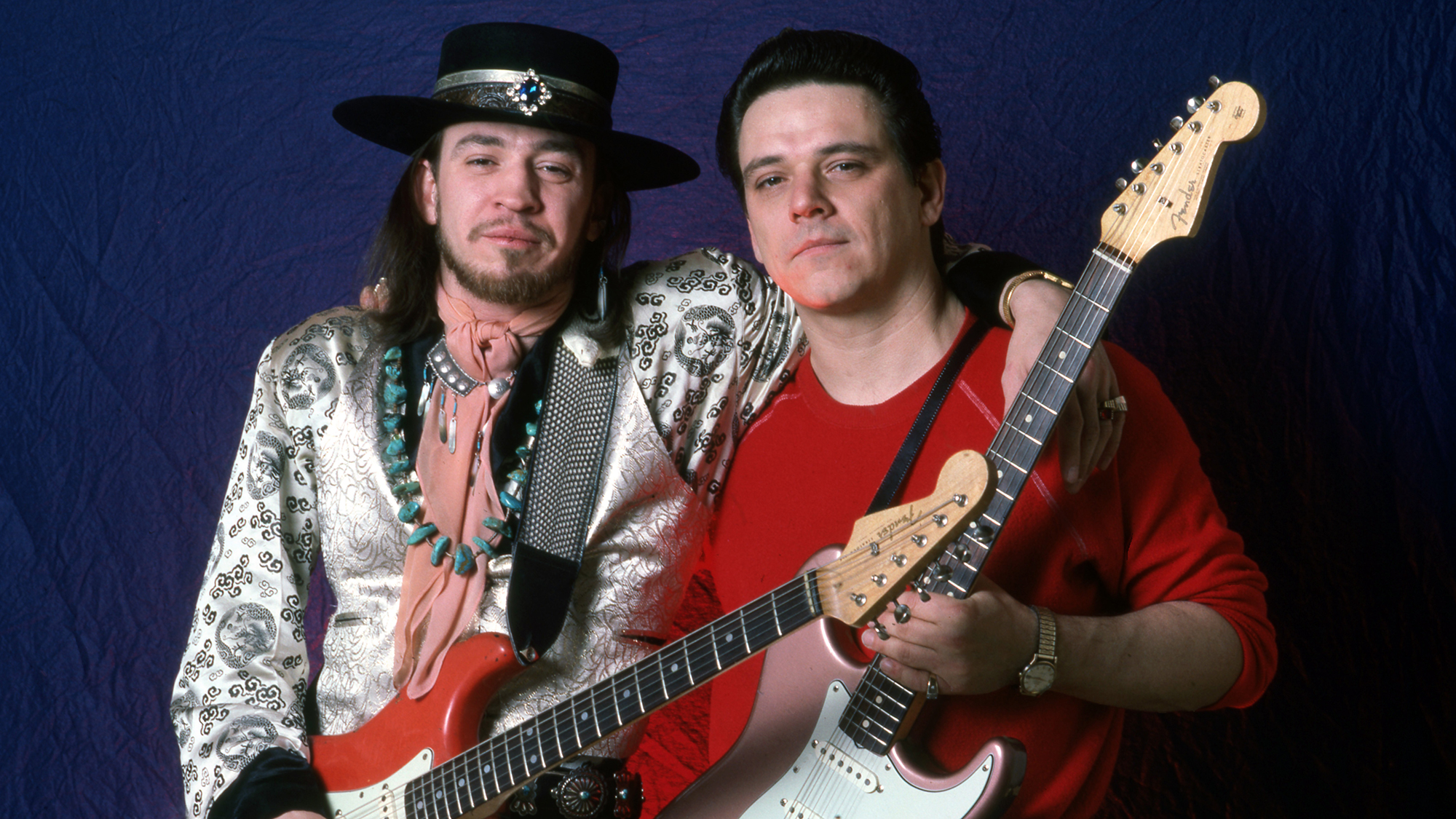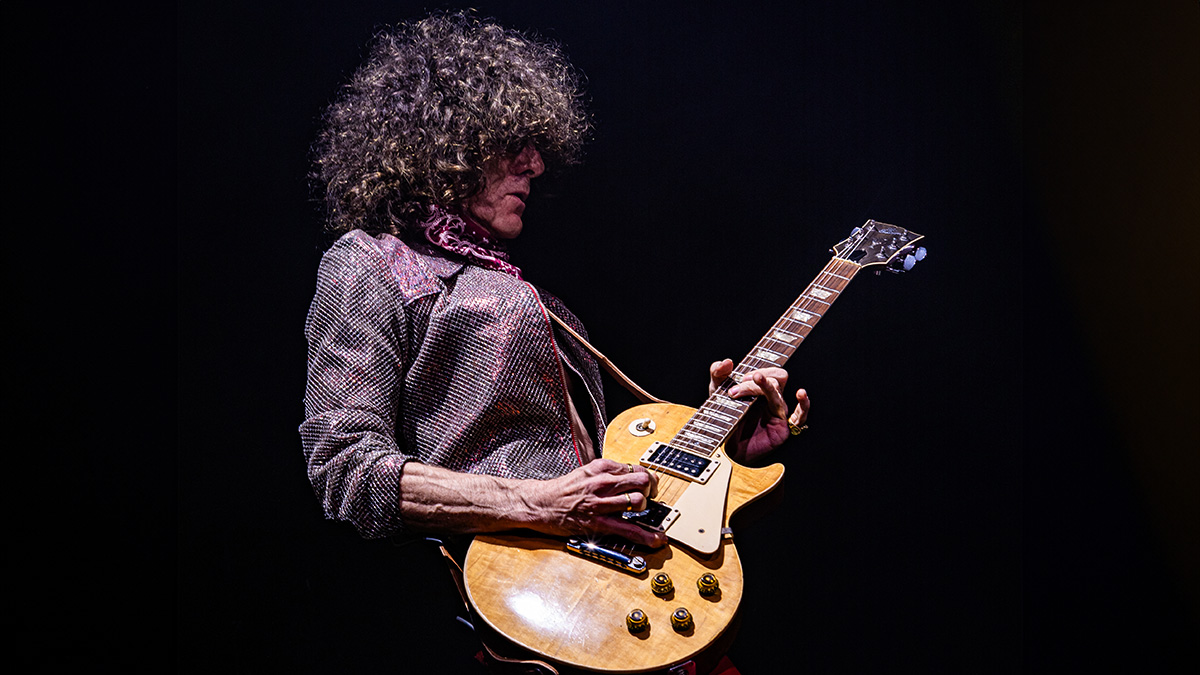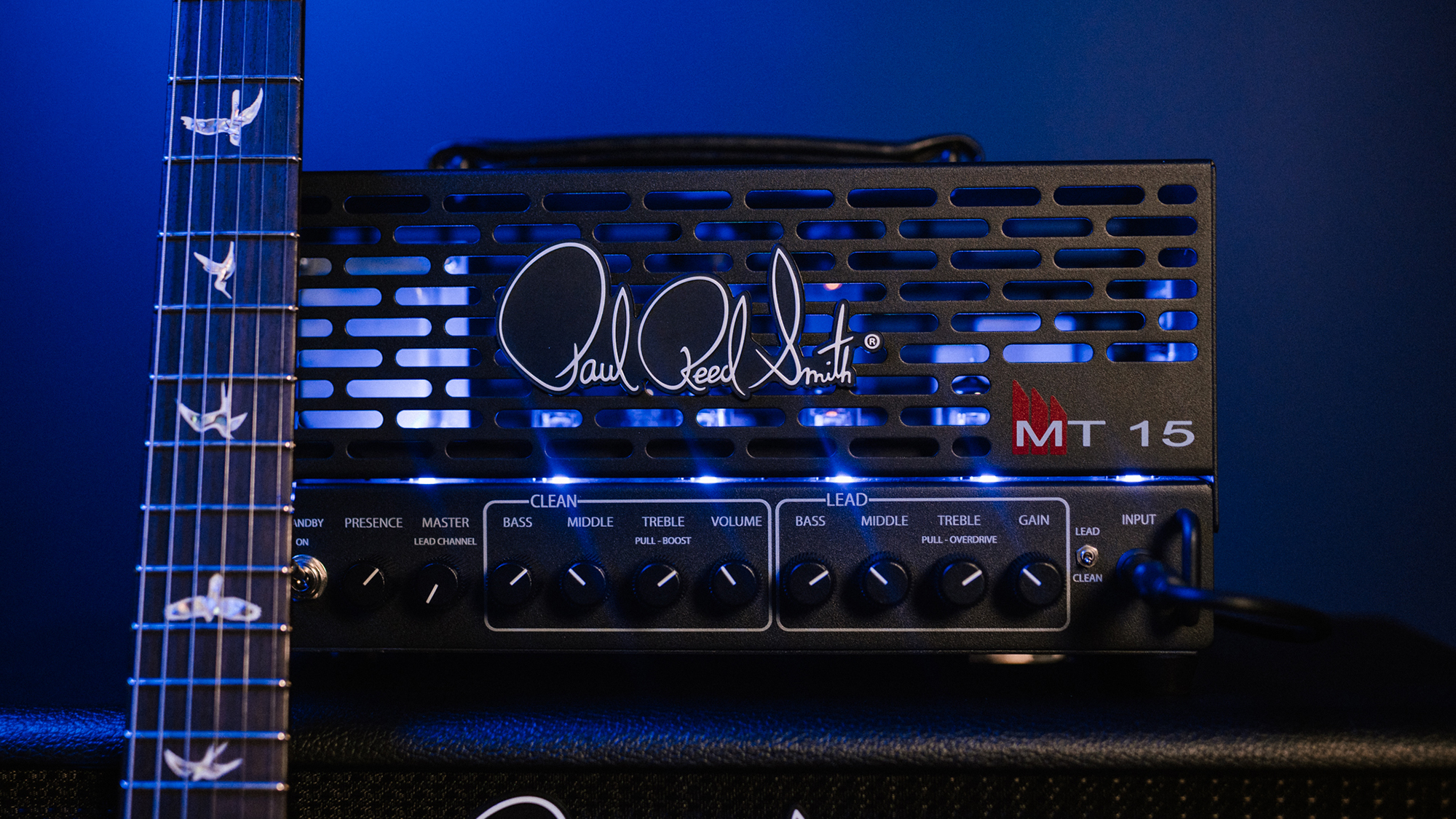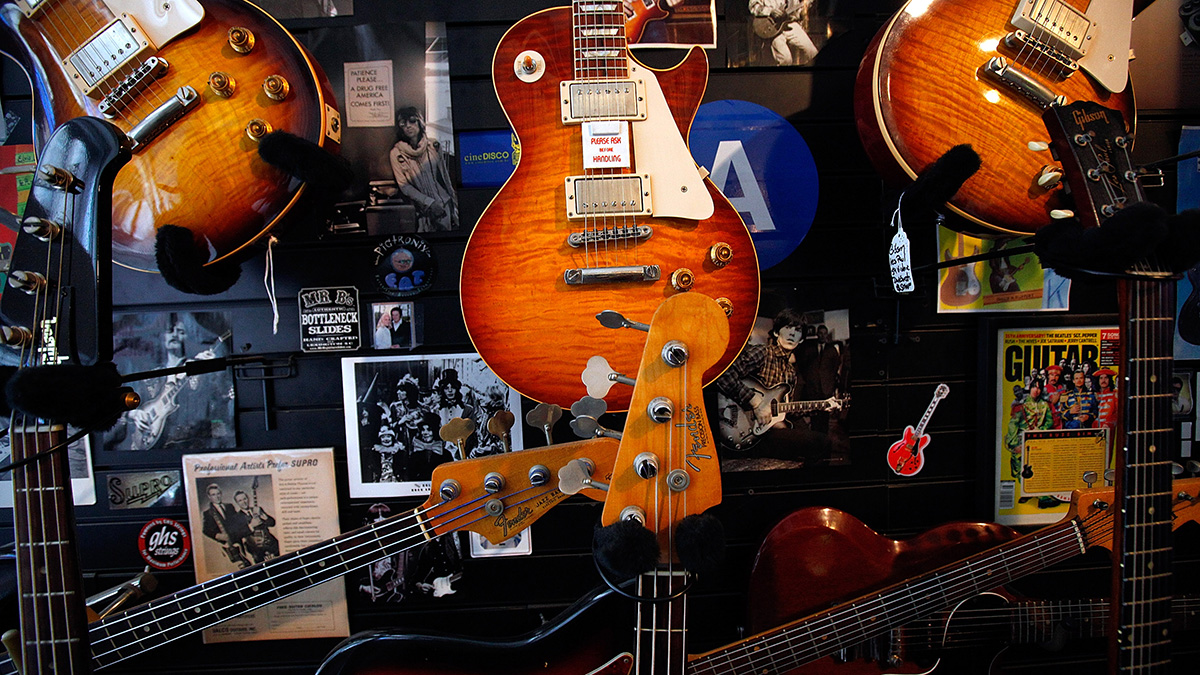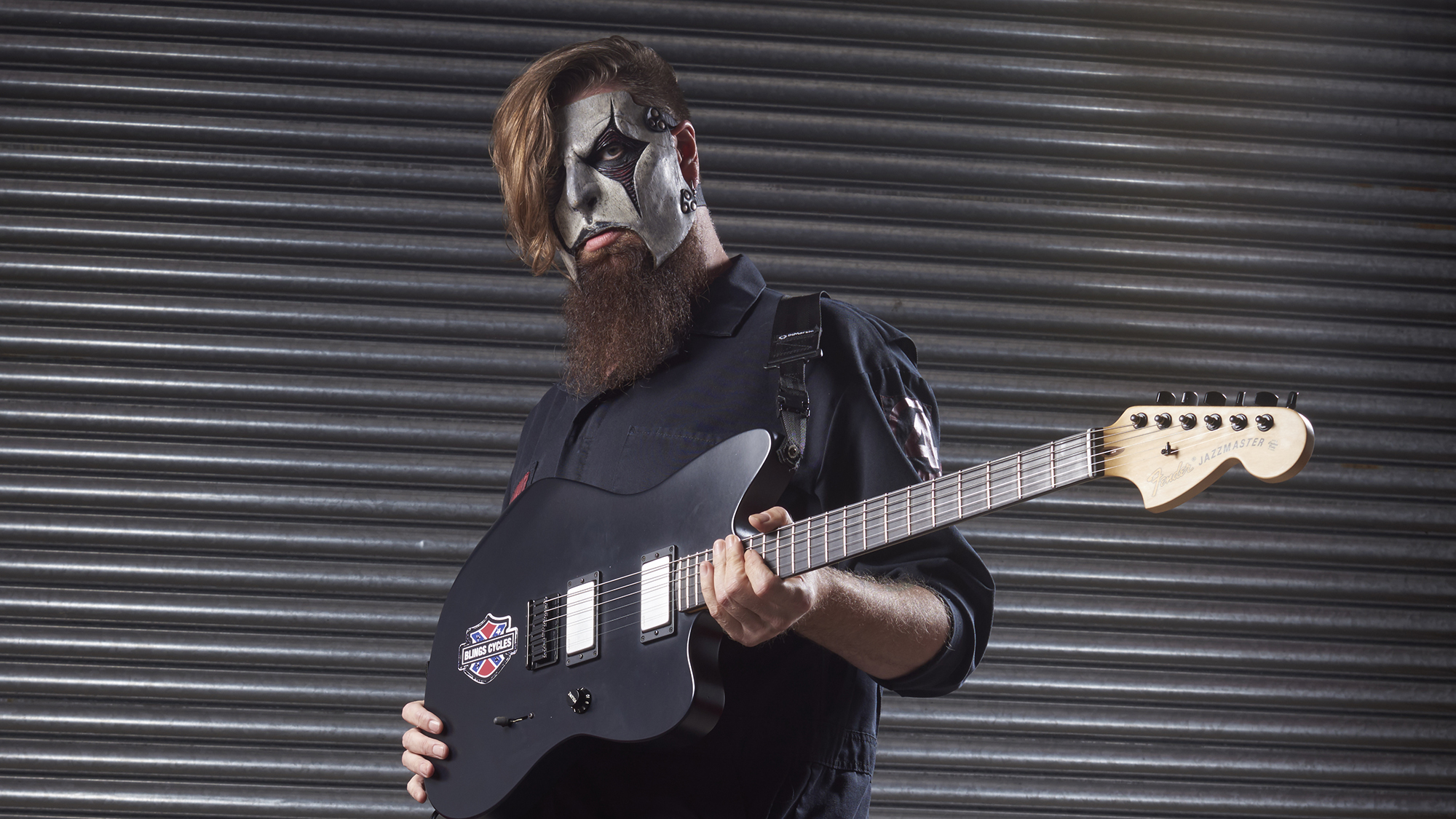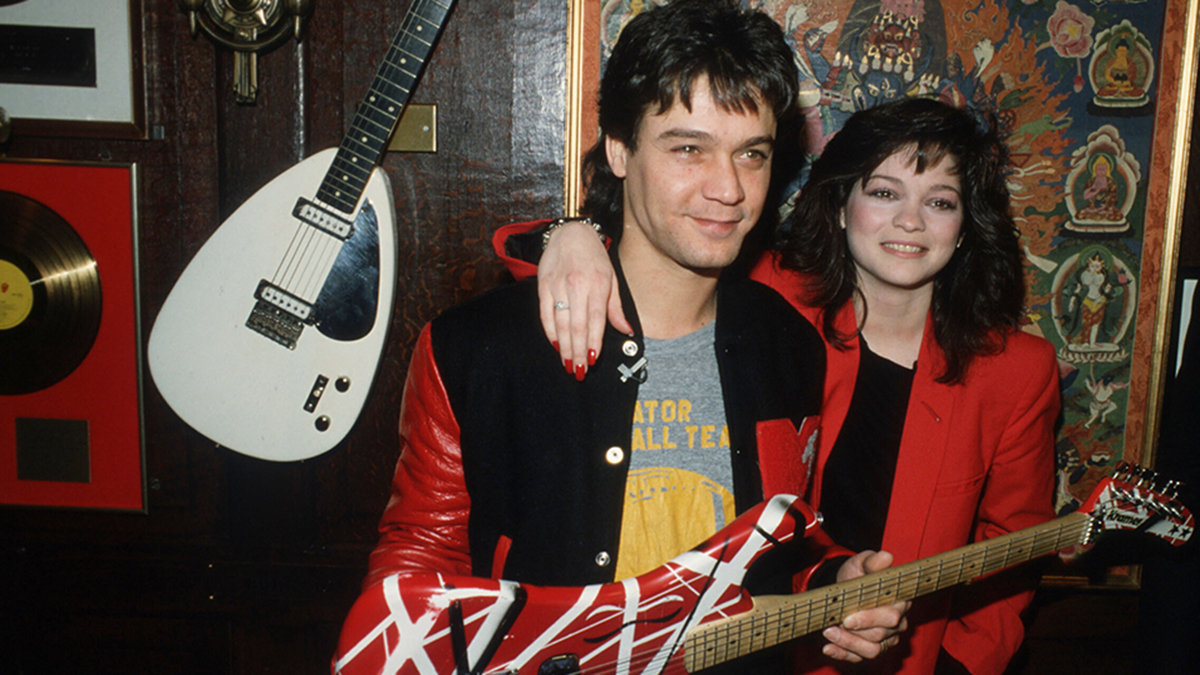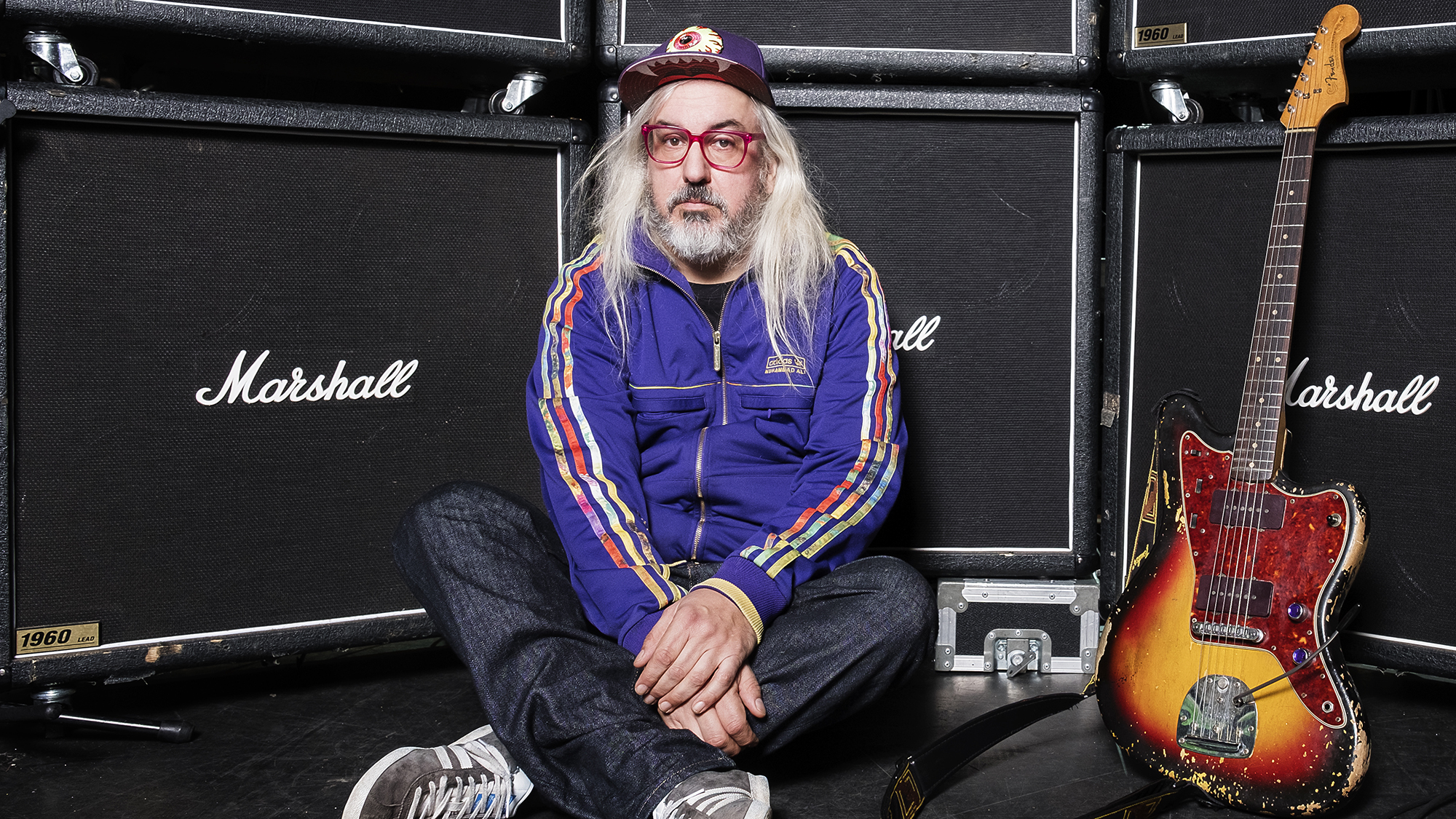Bill Lee, jazz bassist, composer and father of Spike Lee, dies aged 94
The double bass loyalist who rejected the rising wave of electric basses in the '70s worked with Bob Dylan, Aretha Franklin, Gordon Lightfoot and more, and scored Spike's first four feature films
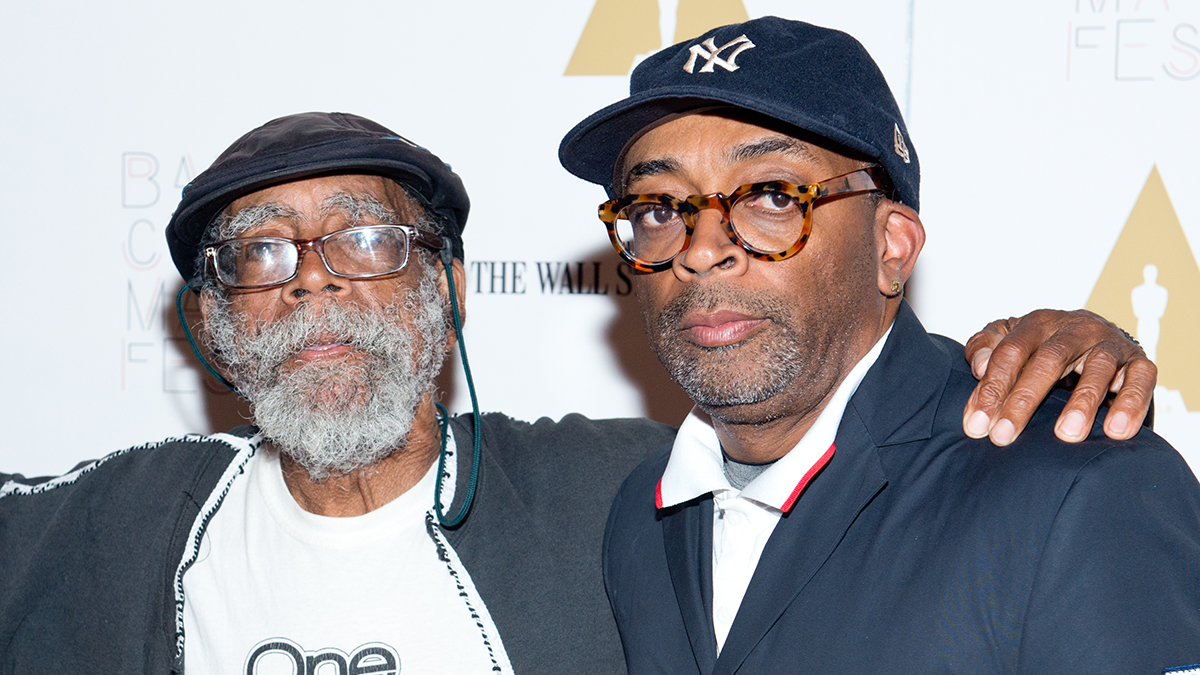
Bill Lee – the jazz bassist and composer who worked with some of the biggest names in music – has died at the age of 94.
Lee’s son, American filmmaker Spike Lee, confirmed to The New York Times that the double bass session heavyweight passed away on Wednesday (May 24). No cause of death has been given.
Throughout a prolific career that spanned over six decades, Lee worked with a sizable roster of artists, contributing to the works of Duke Ellington, Arlo Guthrie, Odetta, Harry Belafonte, Ian & Sylvia, Judy Collins and more.
Lee’s low-end credits traversed stage and studio, with some of his most notable works including Bob Dylan’s It’s All Over Now, Baby Blue – where Lee’s melodic flow can be heard embellishing Dyan’s guitar and harmonica – and Aretha Franklin’s 1961 debut LP, Aretha.
Lee was deeply immersed in the music world from an early age, born in 1928 to Arnold Lee – a cornet player and band director at Florida A&M University – and Alberta Grace (Edwards) Lee, a classical concert pianist and teacher.
A post shared by Spike Lee (@officialspikelee)
A photo posted by on
A move to Fort Greene – a Brooklyn neighborhood that served as a hub for Black creative artists and musicians – in 1959 saw the true start of Lee’s session career, with the burgeoning bassist working with John Handy on No Coast Jazz just a year later.
The ‘60s proved to be a busy year for the double bassist, who would lend his smooth fretless rhythms to the works of Ray Bryant, Gordon Lightfoot and many others.
Get The Pick Newsletter
All the latest guitar news, interviews, lessons, reviews, deals and more, direct to your inbox!
A staunch loyalist to the acoustic instrument that he wielded throughout the decade, Lee rejected the rising wave of electric bass guitars that emerged in the ‘70s, instead sticking to the double bass that would remain synonymous with his work.
It’s this sound – the same that typified the true acoustic jazz of the Brooklyn scene in which he first developed his chops – that can be heard throughout his credits.
“New York is the epitome of jazz to me,” Lee once said, as per the Los Angeles Times. “All the great musicians come here.”
Session work formed only one part of Lee’s diverse portfolio, though. As his son cut his teeth as a director, Lee composed the scores for Spike’s first four feature films – She’s Gotta Have It (1986), School Daze (1988), Do The Right thing (1989) and Mo' Better Blues (1990).
Bill also created the score for Spike’s award-winning short Joe’s Bed-Stuy Barbershop: We Cut Heads from 1983.
Though the pair would fall out in the 1990s following their collaborations, Spike continued to respect his father’s musicality and integrity: “Everything I know about jazz I got from my father,” he once told the New York Times. “I saw his integrity, how he was not going to play just any kind of music, no matter how much money he could make.”
Bill Lee is survived by Spike, as well as his wife, three sons, daughter, brother and two grandchildren.

Matt is the GuitarWorld.com News Editor. He has a Masters in the guitar, a degree in history, and has spent the last 16 years playing everything from blues and jazz to indie and pop. When he’s not combining his passion for writing and music during his day job, Matt records for a number of UK-based bands and songwriters as a session musician.
“One of the guys said, ‘Joni, there’s this weird bass player in Florida, you’d probably like him’”: How Joni Mitchell formed an unlikely partnership with Jaco Pastorius
“I said, ‘If I could have it my way it would sound like this,’ and I pulled the bass guitar out of the mix”: Why Prince removed the bassline from When Doves Cry
